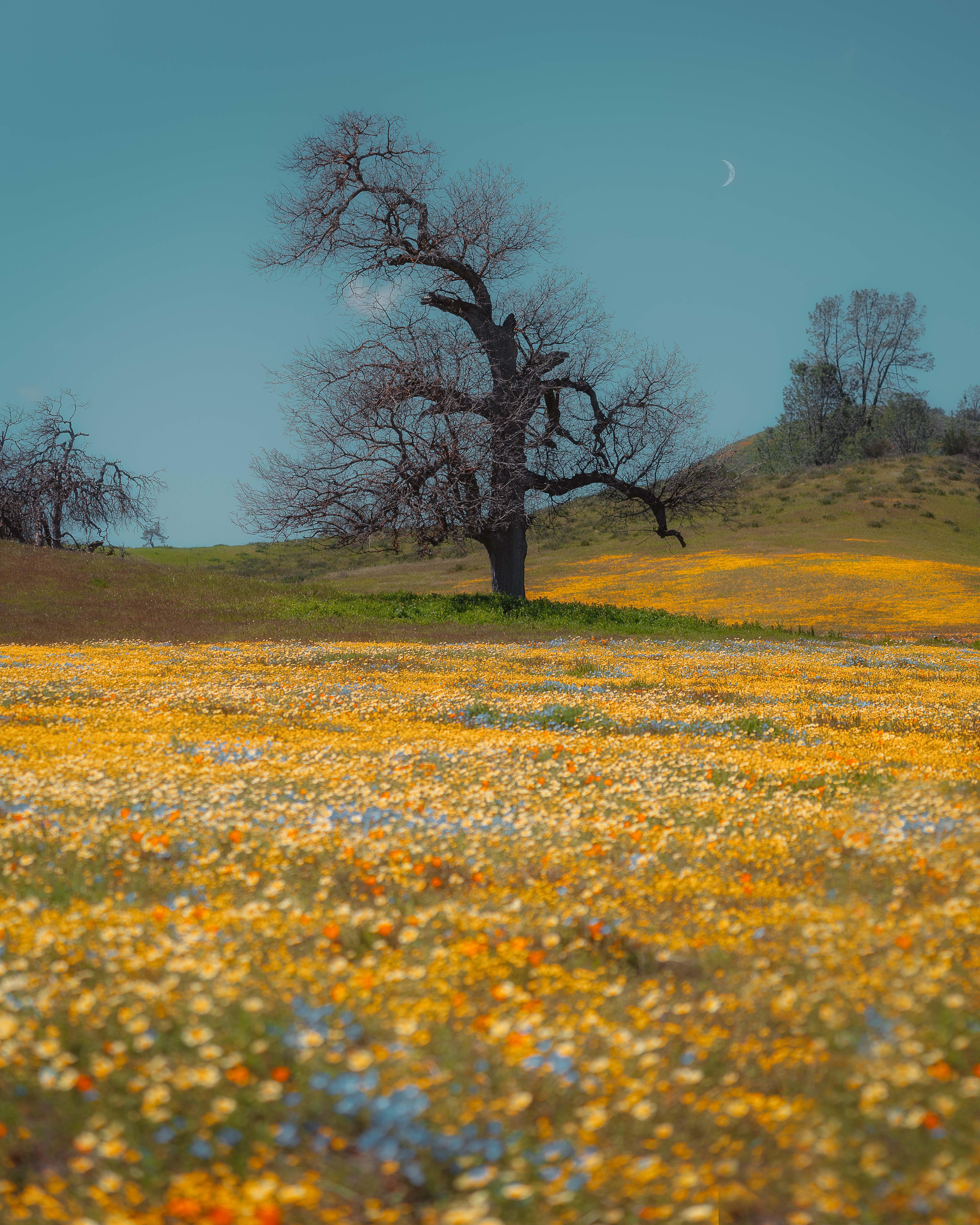Oooooh I have some ideas! Some of these are paid/premium (but NOT micro transactions) and some have mild ads. But I share the distaste for data-mining, money grubbing, brain-melting-ad-ridden games, so I’m certain they are on the least intrusive end of the spectrum.
I really love biology (I’m a biologist…) so these are both pet games and usually breeding/evolution games!
- Fish Tycoon – This one specifically. A classic! Breed and care for cute fish!
- Niche breed and evolve – so neat and pretty educational about evolution/genetics. There’s a slightly more complicated/difficult pc game if she decides she likes the nichelings/universe.
- Pocket Frogs – Simple, low stress collecting game. it would take years to collect all the frogs, and there’s a relatively active community of people who trade sets of frogs to other people to help them complete collections. Would be fun to play with her friends at school!
- Reigns Her Majesty – a game about running a kingdom as a queen. When you die, you become your heir and retain some progress from your last lives. It doesn’t fit the exact criteria you mentioned, but I think she might like it anyway!





You didn’t mention it, but have you considered how it would feel if you had a bad day and didn’t live up to this standard?
You’re framing it like a moral philosophy, but feeling anger is not a morally bad thing. Neither is jealousy, or selfishness, at times. It’s just part of the human experience, and we can avoid it most of the time, but occasionally we’re going to need to focus on ourselves and our needs and our feelings.
Similarly, it’s impossible to avoid having an ego 100% of the time. Honestly, it sounds like this quality is part of your identity-- would you like yourself less if you lived up to this standard imperfectly?
I don’t think it’s unusual to want to be a good person and to want to control our worst impulses. But to describe it as “trying to act like a saint”, and saying you’re “deaf to your own needs”-- those are concerning statements.
I don’t think anyone can speak for you or guess what’s going on from the outside. But if I were you, I’d be exploring if there’s fear underlying these impulses. Fear of judgment: how do you think the world would perceive you if you stopped being so strict about it? Fear of badness: how does it feel when you have a bad day and you fail to be perfect? Do you resent yourself? Fear of impurity: do you feel like other people are bad when they have these natural reactions? Do you fear being like other people who are experiencing and dealing with normal feelings?